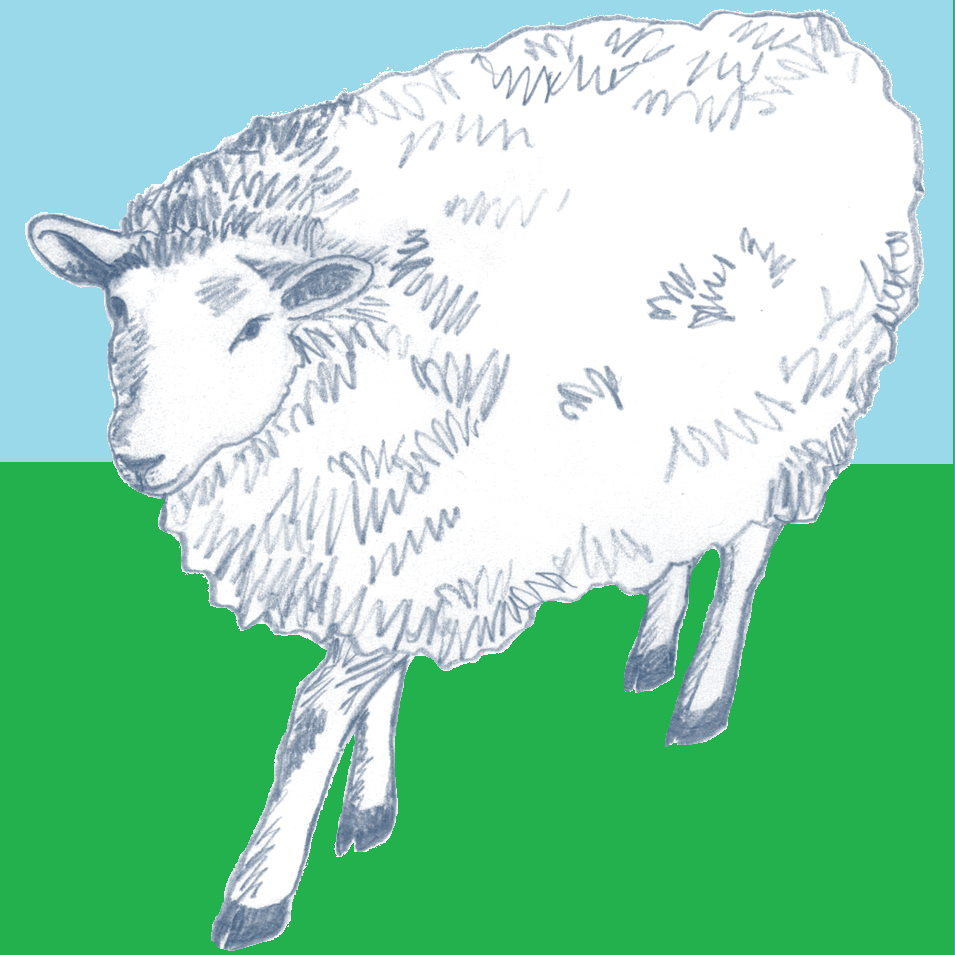Tips for Farmers

New farmers have a steep learning curve compared to kids raised on a farm. However, it's not that hard and you can start educating yourself at your own pace.
1. Read farm magazines to become acquainted with what the common issues are in farming.
For example, which chicken breeds are best suited to achieve your goals? Do you just want eggs? Or are you looking for meat and eggs (a dual purpose chicken)? Are you replacing the chickens annually or do you need a breed that will be good layers for a few years? Are you incubating your own eggs or hoping for a broody hen to raise the next clutch for you?
2. Talk to farmers at county fairs and festivals.
Farmers are proud of their knowledge, work and produce. Rarely, have I met a farmer who didn't take a few minutes to answer my rookie questions. Some might even become a mentor or source of livestock for you.
3. Go to the local livestock auction.
You may or may not want to buy at the auction if you will be breeding animals since this is where farmers sell off their culled animals (the ones with issues like diseases or deformities), but you will learn what species are common in your area, become familiar with how they behave and look and make some new farming friends. You may become interested in raising an animal you didn't know much about previously. If you are looking to raise animals for your own consumption rather than breeding, you may prefer to acquire animals at the auction.
4. Attend farm open houses.
Many farms are open to public on special days to show off their animals and farm products. Some have a winter holiday sale or summer open house. For example, a sheep farm may hold a Shearing Day in March where you get to watch how sheep get their hair (wool) cut.
